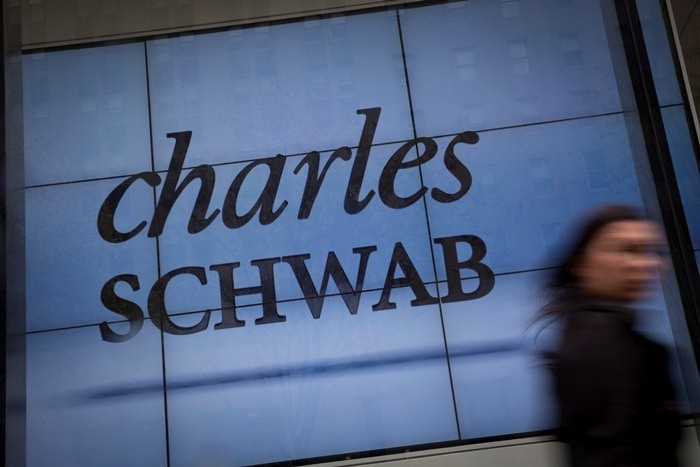ETFs Coming to a 401(k) Near You!
Post on: 3 Май, 2015 No Comment

This post was published 3 years ago.
Once upon a time, American companies took care of their workers — before retirement and after. Big employers offered generous pension plans guaranteed for life.
Those days are long gone. We’ve moved from a world of “defined benefit ” to “defined contribution .” In English, that means “You’re on your own!”
Plans like the 401(k) are called “defined contribution” because your retirement income depends how much money you contribute to your account … and how well you invest it.
The good news: ETFs are changing your retirement options just like they’ve changed the investment landscape. And the biggest changes are still to come.
401(k) investors are often left stranded.
But there’s another factor as well, in the form of …
Dirty Little Secrets in Your 401(k)
What are the fees in your 401k? You probably have no idea.
If you pay attention, you know the mutual funds or other investment options in your plan have built-in annual fees. Few workers know about the assorted record-keeping, maintenance and other expenses coming out of their nest egg.
All told, 401(k) fees can easily add up to 1 to 1½ percent per year. It may not sound like much, but think about it this way: If you have $100,000 in your plan, you could be paying $1,500 each and every year — and even more as your balance climbs!
Add it up over a career — including how much that money could have grown if it hadn’t been spent on fees — and you could easily be losing $100,000 or more in fees over your working life.
Of course some of this is money well spent, to the extent it brings you good advice. Keeping the paperwork organized is important, too. But really … why does retirement have to cost so much before you even retire?
All this is about to change.
Advertisement
Industry Forced to Open Up
Earlier this month the U.S. Department of Labor finalized a rule that requires 401(k) providers to disclose the costs of various services. In other words, workers will no longer be in the dark. The rules take effect in July 2012.
Disclosure doesn’t necessarily mean fees will fall, of course. Employers can still hire whatever service providers they wish — and keep overpaying, if they wish. But now the workers will know about it.














